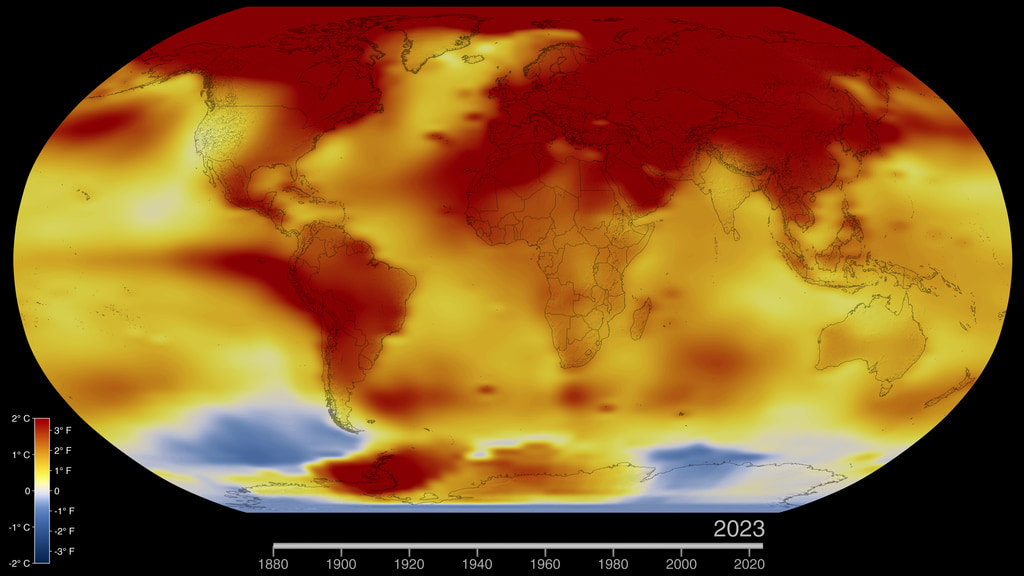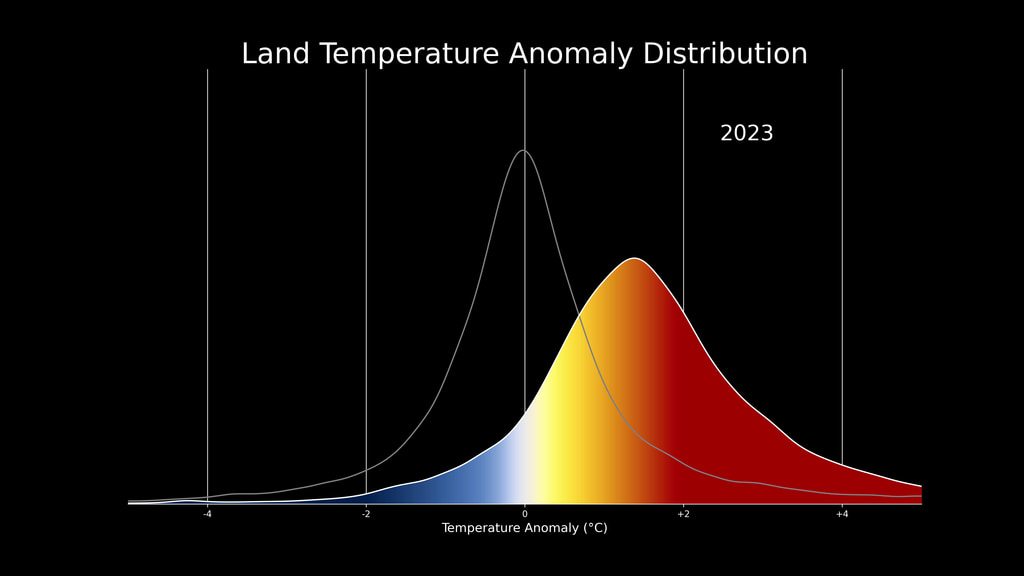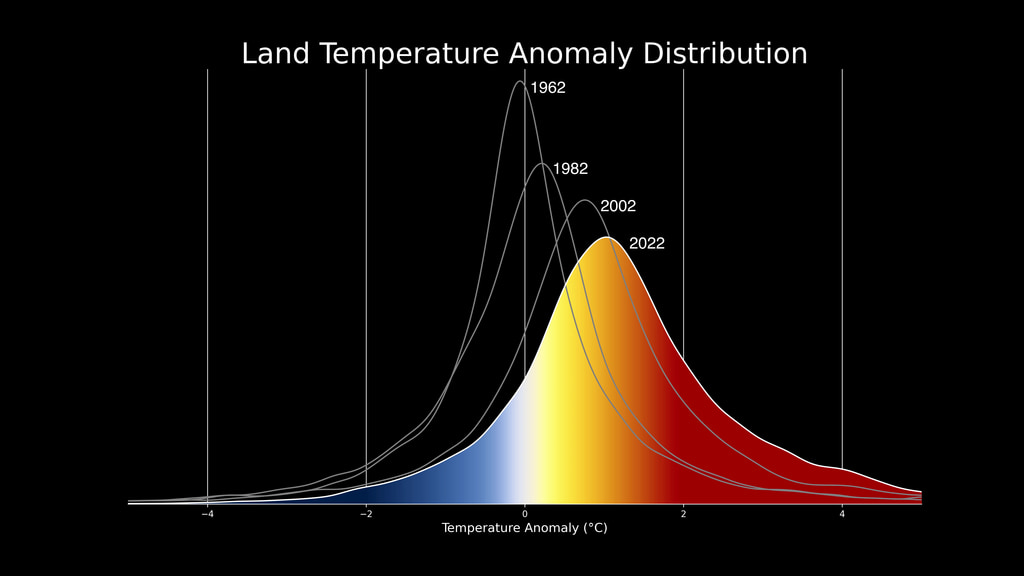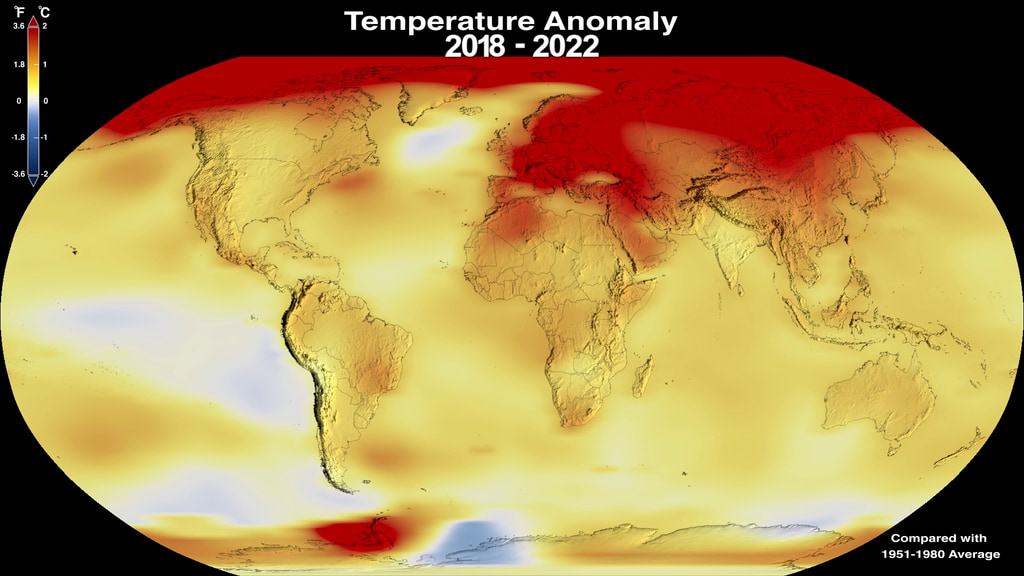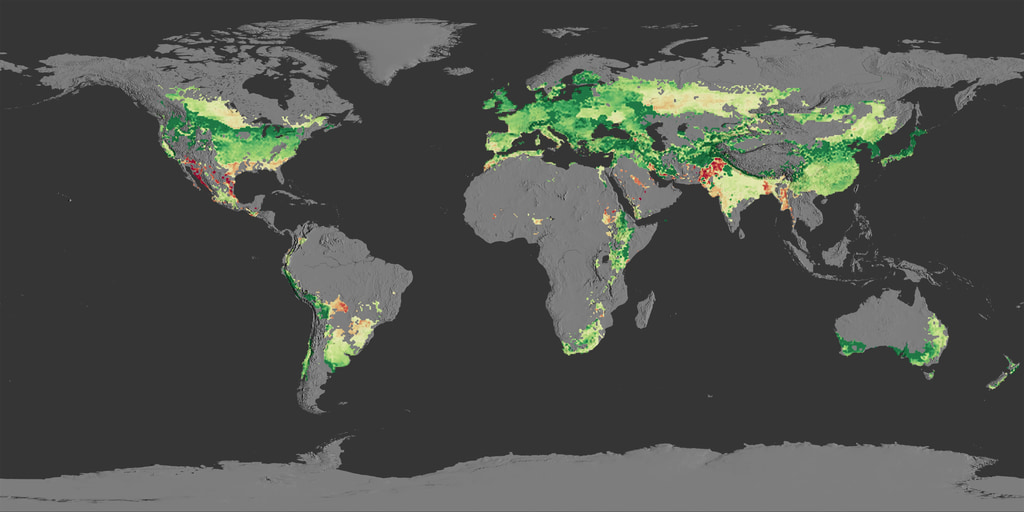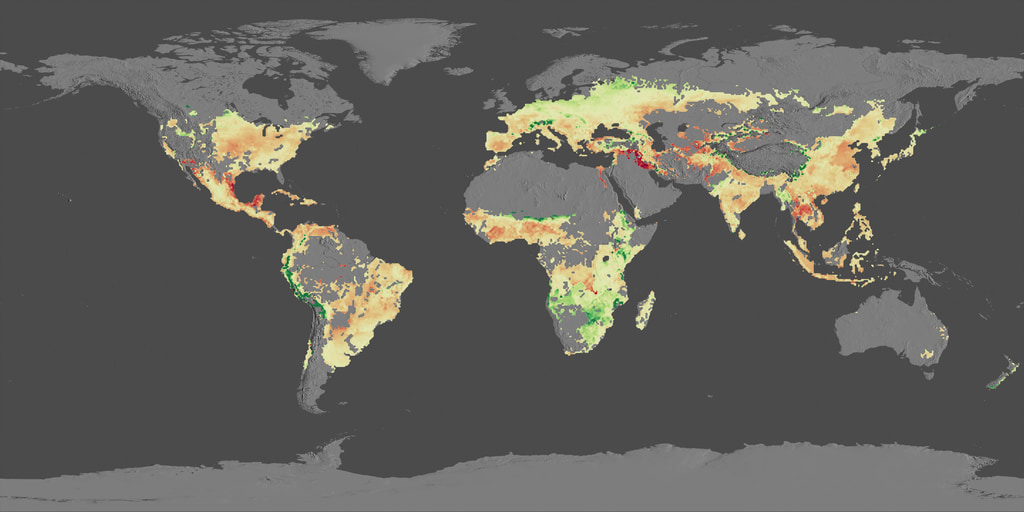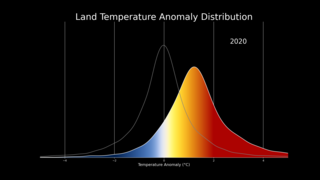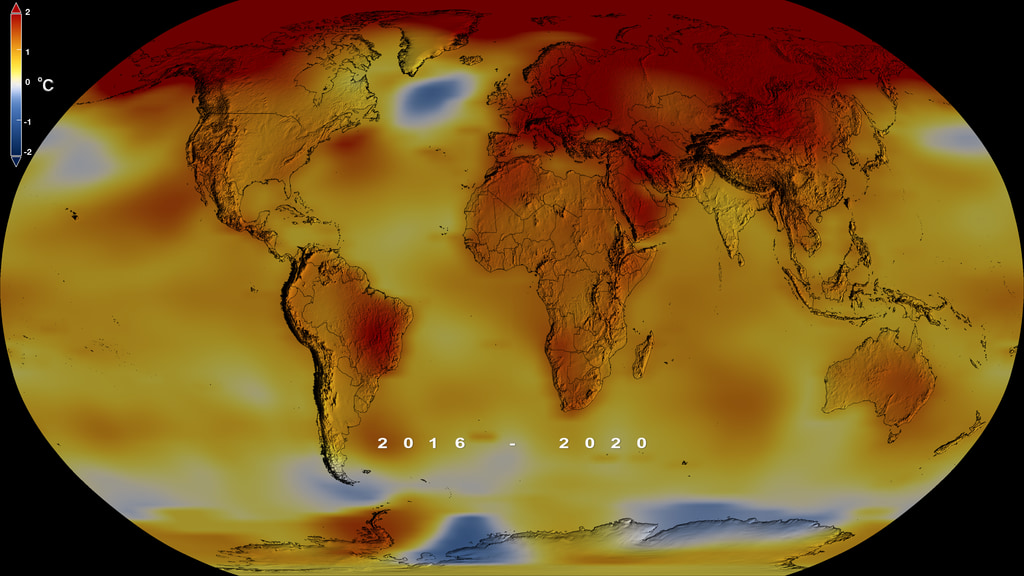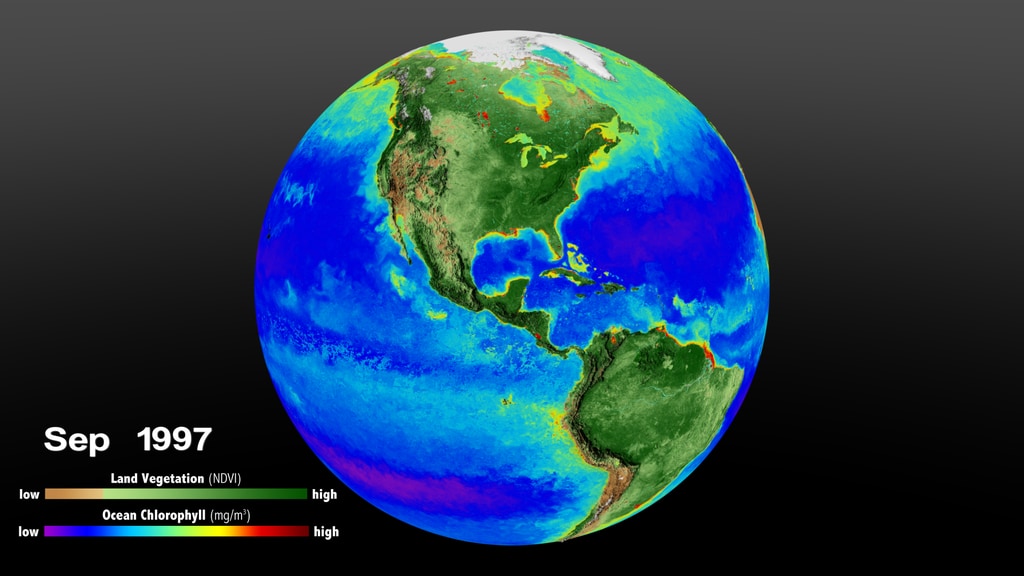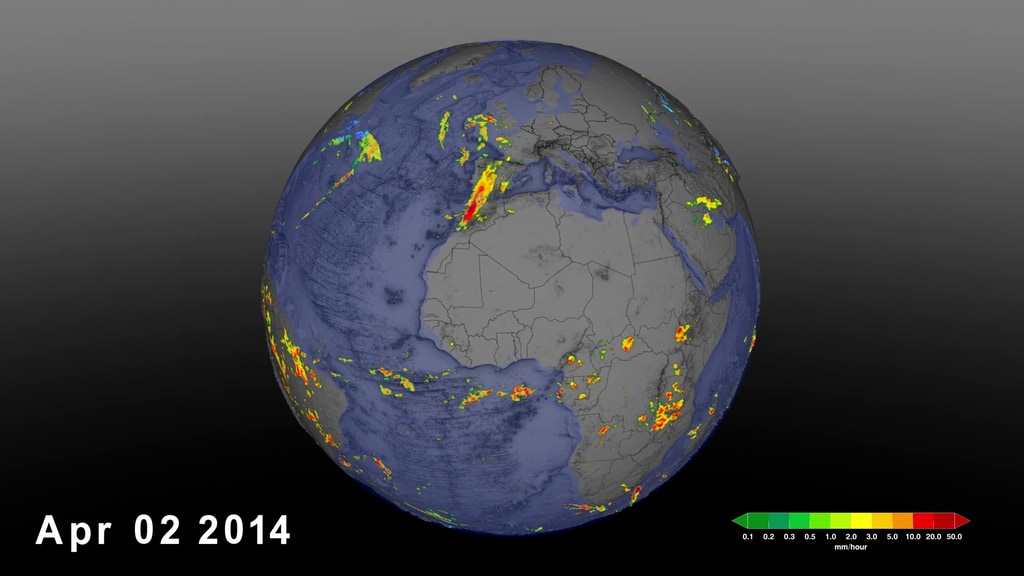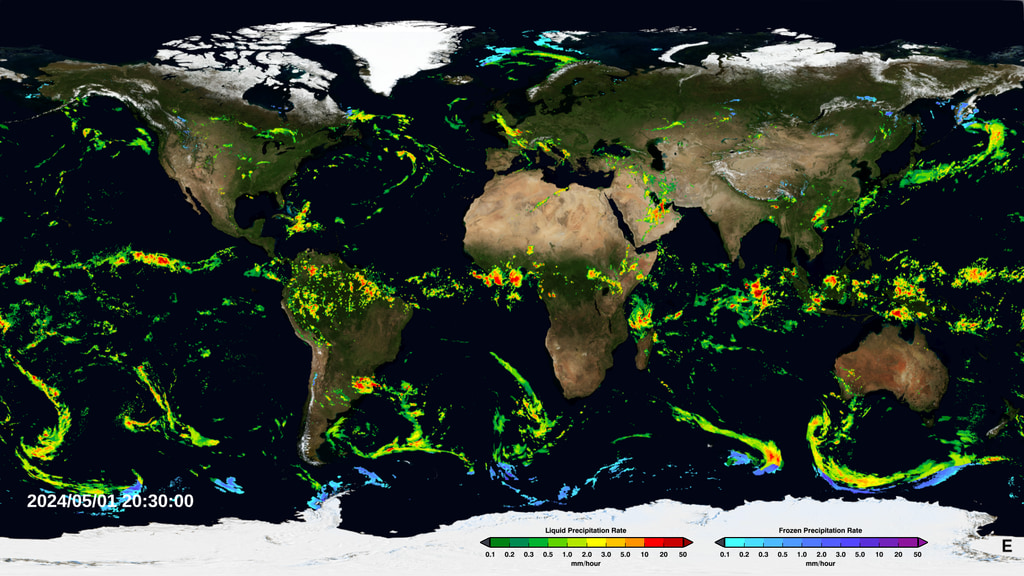Climate Change Could Affect Global Agriculture within 10 Years
Average global crop yields for maize, or corn, may see a decrease of 24% by late century, with the declines becoming apparent by 2030, with high greenhouse gas emissions, according to a new NASA study. Wheat, in contrast, may see an uptick in crop yields by about 17%. The change in yields is due to the projected increases in temperature, shifts in rainfall patterns and elevated surface carbon dioxide concentrations due to human-caused greenhouse gas emissions, making it more difficult to grow maize in the tropics and expanding wheat’s growing range.
En Español
Music: Transcode by Lee Groves [PRS] and Peter George Marett [PRS]
Complete transcript available.
Credits
Please give credit for this item to:
NASA's Goddard Space Flight Center
-
Producer
- Kathryn Mersmann (KBR Wyle Services, LLC)
-
Writer
- Ellen T. Gray (ADNET Systems, Inc.)
-
Visualizer
- Mark SubbaRao (NASA/GSFC)
-
Scientists
- Jonas Jaegermeyer (Columbia University)
- Alex C. Ruane (NASA/GISS)
Release date
This page was originally published on Monday, November 1, 2021.
This page was last updated on Wednesday, May 3, 2023 at 1:43 PM EDT.
